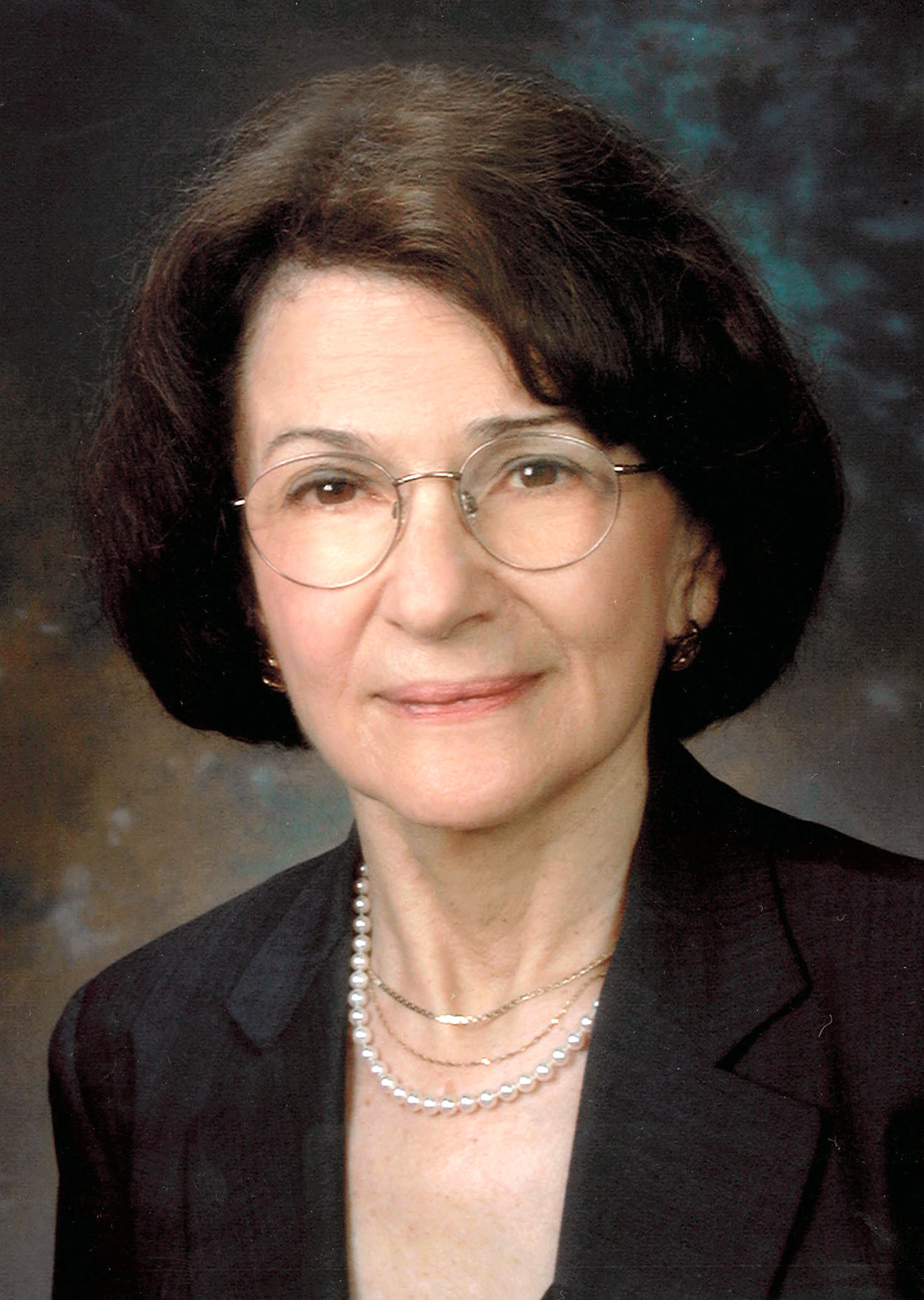- Patricia Goldman-Rakic
Infobox_Scientist
name = Patricia Goldman-Rakic

caption =
birth_date =April 22 ,1937
birth_place =Salem, Massachusetts , USA
death_date =July 31 ,2003
death_place =Hamden, Connecticut , USA
residence =
nationality =
field =neurobiology
work_institution =Yale University
alma_mater = Vassar,UCLA
doctoral_advisor = Wendell Jeffrey
doctoral_students =
known_for =
prizes = National Academy of Sciences; Karl Lashley Award; Fyssen Prize; Ralph Gerard Prize.
footnotes =Patricia Goldman-Rakic ("pronounced ra-KEESH") (born Patricia Shoer) (
April 22 ,1937 –July 31 ,2003 ) was an Americanneuroscientist /neurobiologist known for her pioneering study of thefrontal lobe and her work on the cellular basis ofworking memory . [http://www.yale.edu/opa/v32.n1/story6.html Renowned neuroscientist Patricia Goldman-Rakic dies, Yale Bulletin and Calendar, Volume 32, Number 1, August 29, 2003] ]Life
Education
Born in
Salem, Massachusetts , Goldman-Rakic earned her bachelor's degree inneurobiology from Vassar in 1959, and her doctorate from theUniversity of California atLos Angeles in Developmental Psychology in 1963."Patricia Goldman-Rakic." Newsmakers, Issue 4. Gale Group, 2002. Reproduced in Biography Resource Center. Farmington Hills, Mich.: Thomson Gale. 2007. http://galenet.galegroup.com/servlet/BioRC] [J. M. Fuster, Patricia Goldman-Rakic 1937-2003, Nature Neuroscience 6, 1015 (2003) doi:10.1038/nn1003-1015]Family
Goldman-Rakic had two sisters, both of whom earned PhD’s in science. Goldman-Rakic was married to
Pasko Rakic , also a neuroscientist; they had no children. Before they were married, Goldman-Rakic and Rakic maintained a long distance relationship between 1974 and 1977. They were married in 1977.Career
After postdoctoral positions at UCLA and
New York University , she worked at theNational Institute of Mental Health in neuropsychology and ultimately as chief of developmental neurobiology. She moved toYale School of Medicine in 1979 where she remained until her death. She was The Eugene Higgins Professor of Neuroscience in the neurobiology department with joint appointments in the departments of psychiatry, neurology, and psychology. [http://www.the-scientist.com/article/display/21519/ M. Dawson, Patricia Goldman-Rakic dies, The Scientist 2003, 4(1):20030807-03] ]Death
On
July 29 ,2003 , Goldman-Rakic was struck by a car while crossing a street inHamden, Connecticut . She died two days later, onJuly 31 atYale-New Haven Hospital . Goldman-Rakic was 66 years old.She is buried inGrove Street Cemetery . [http://www.yale.edu/opa/newsr/03-08-01-02.all.html In Memoriam: Patricia Goldman-Rakic, Yale news release] ]Contributions to science
Goldman-Rakic was the first to discover and describe the order and structure of the frontal cortex. Because of Goldman-Rakic, scientists began to better understand the neurobiological basis of normal behavior and of such disorders as
schizophrenia ,Alzheimer's ,A.D.D. ,cerebral palsy ,Parkinson's , anddementia . She used a multidisciplinary approach applying biochemical, electrophysiological, pharmacological, anatomical and behavioral techniques to study memory, behavior and drugs.
= Awards =*
National Institute of Mental Health grantee (1980-2000)
* Alden Spencer Award,Columbia University (1982)
* Krieg Cortical Discoverer Award, Cajal Club (1989)
* inducted National Academy of Sciences (1990)
* Fyssen Foundation Prize in Neuroscience (1990)
* Lieber Prize, National Alliance for Research on Schizophrenia and Depression (1991)
* inductedAmerican Academy of Arts and Sciences (1991)
* Robert J. and Claire Pasarow Foundation Award (1993)
* Karl Lashley Award,American Philosophical Society (1996)
* honorary doctorate,Utrecht University (2000)
* Gerard Prize,Society for Neuroscience (2002)References
External links
* [http://innovators.vassar.edu/innovator.html?id=57 Patricia Goldman-Rakic: Mapping the Prefrontal Cortex]
* [http://www.pubmedcentral.nih.gov/articlerender.fcgi?artid=261878 P. Levitt, Patricia Goldman-Rakic: The quintessential multidisciplinary scientist, PLoS Biol. 2003 November; 1(2):e38. doi:10.1371/journal.pbio.0000038.]
Wikimedia Foundation. 2010.
